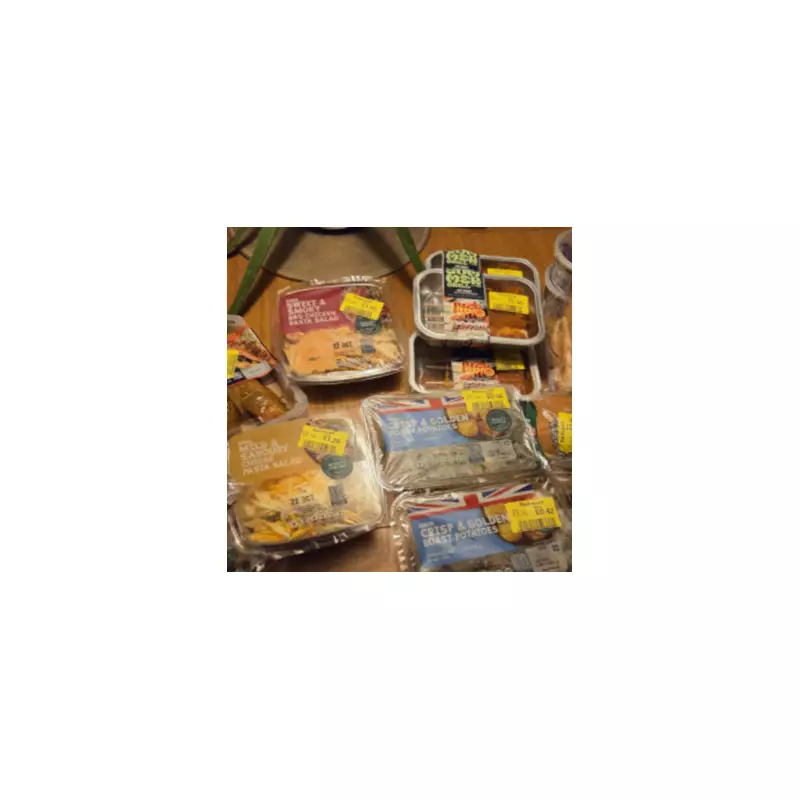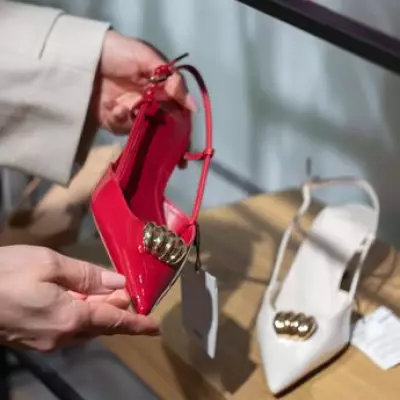
A stunned Asda shopper has highlighted Britain's cost of living crisis in the most relatable way possible - by revealing how their weekly grocery budget now buys dramatically less than it did just a few years ago.
The Receipt That Tells a Story
The customer took to social media to share a powerful comparison that's resonated with thousands. They demonstrated how the same amount of money that once filled their shopping trolley now barely covers essentials, with inflation silently stealing their purchasing power.
"I'm worth less than my weekly food shop," the shopper lamented, capturing the frustration felt by households across the country as food prices continue to outpace wage growth.
What's Driving the Squeeze?
Several factors have contributed to this dramatic shift in supermarket spending power:
- Rising production costs affecting everything from farming to packaging
- Increased transportation and energy expenses throughout the supply chain
- Global commodity price fluctuations impacting staple goods
- Post-Brexit trade arrangements adding complexity to imports
The Bigger Picture
This personal story reflects national data showing food inflation running at persistently high levels. While recent months have seen some moderation in price increases, the cumulative effect over recent years has left many families struggling to maintain their previous shopping habits.
Supermarkets like Asda face the challenging task of balancing competitive pricing with their own rising costs, often leading to difficult decisions about product sizes, quality, and pricing strategies.
How Shoppers Are Adapting
Faced with these economic realities, British consumers are changing their behaviour in several ways:
- Switching to own-brand products and value ranges
- Reducing purchases of premium items and treats
- Planning meals more carefully to minimise waste
- Shopping around between different supermarkets for the best deals
The viral Asda receipt serves as a stark reminder that while inflation figures might seem like abstract statistics, their impact is felt every time we reach for our wallets at the checkout.





